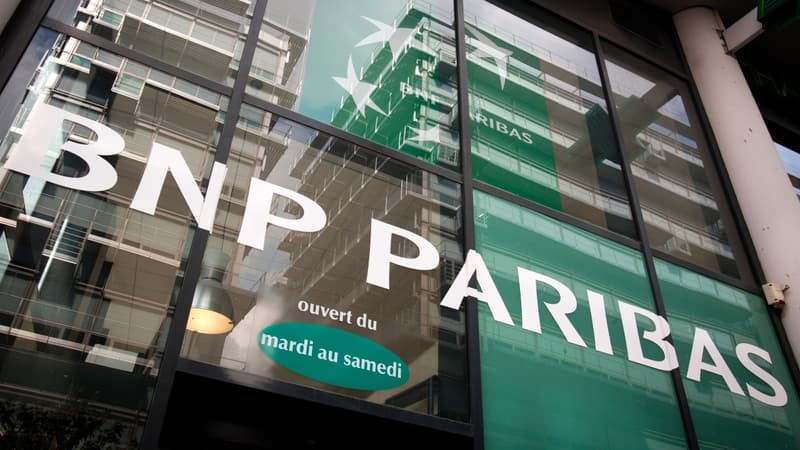The non-reimbursement of customers in case of bank fraud has become almost systematic since the generalization of payment authentication systems. But things could change.
On March 28, the Versailles Court of Appeal sentenced BNP Paribas to pay 54,000 euros to a client victim of a scam. A sum fraudulently deducted from your account by scammers posing as your bank adviser, reports the consumer association UFC-Que Choisir.
A well-crafted scam as the victim was contacted via a phone number identical to that of his real bank adviser, registered on his phone. Also, bank transfer authentication text messages were displayed after previous messages sent by the bank.
The customer realized the deception too late. He then informed the banker about him and requested a refund of the fraudulently deducted amounts. But BNP Paribas refused, accusing it of “gross negligence”.
Authentication systems far from infallible
An argument increasingly used by banks to avoid their legal obligation to reimburse in the event of a fraudulent transaction. According to them, if a payment or transfer has been validated by SMS or via the app as part of two-factor authentication, the customer has been “negligent” and therefore cannot be refunded.
As UFC-Que Choisir points out, this argument suggests that banks’ strong authentication devices are foolproof. However, several security breaches have been reported in recent years.
This court decision will set a precedent. In order to succeed, the victim had saved and provided various evidence such as screenshots of text messages and calls received from the scammers. Therefore, it is advisable to do the same in case of suspected scam. In general, it is advisable to contact your adviser yourself if in doubt about the identity of your interlocutor and periodically inspect your account statements to identify any suspicious movements. In the event of a scam, contact your adviser immediately.
Source: BFM TV


